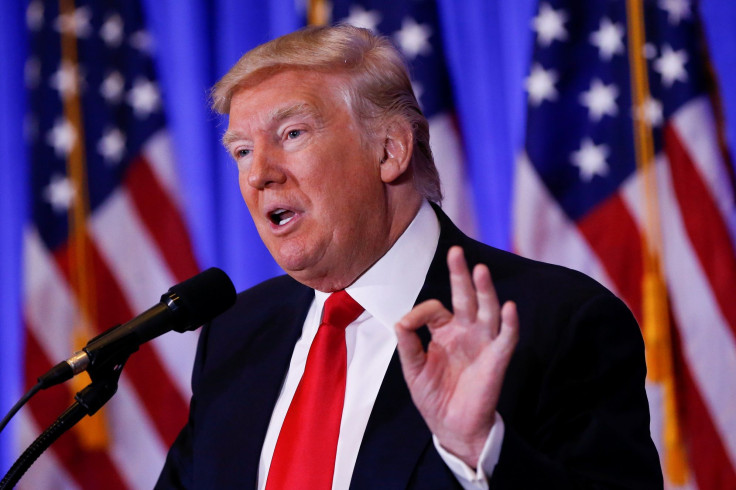Families of Japanese kidnapped by North Korean agents ask help from Trump

United States President Donald Trump met on Monday the family members of Japanese citizens kidnapped by North Korean agents. He expressed his sympathy for their “very sad” plight while the families hope he can secure their release.
North Korean agents abducted some Japanese citizens in the 1970s to train North Korean spies in Japanese language and customs. They were taken to Pyongyang.
“We know [North Korea] kidnapped a sweet 13-year-old Japanese girl from a beach in her own country to enslave her as a language tutor for North Korea’s spies,” Trump said in a reference to Megumi Yokota. She was snatched from near her home on the Japan Sea coast in 1977.
This week, Trump met Megumi’s mother, Sakie. He also met the family members of seven other abductees. Sakie, now 81, said this is an issue of politics and of diplomacy.
Japanese Prime Minister Shinzo Abe vowed he will not rest until the return of the 13 kidnapped in the 1970s and 1980s. The two leaders appeared at a joint news conference.
Trump said the abductions were a “very, very sad thing.” It would be a tremendous signal, according to him, if Kim Jong Un would send them home.
The US leader’s attention was welcomed by family members. Koichiro Iizuka, who was an infant when his mother Yaeko Taguchi was abducted in 1978, said it seemed Trump listened carefully to their stories.
“But if this is all that comes of this meeting, it’s absolutely outrageous,” Iizuka said, according to Reuters. He added it is how we face the previous neglect and take action that is important.
Iizuka is turning 40 this year, and for 39 years, he has not seen his mother. He said he has no memory of her.
Kim previously recognised that his country had targeted Japanese and vowed that the abductions had ended. Five abductees returned home to Japan a month later.
Some family members of kidnap victims receive no account of what happened for years. Finally, North Korea admitted in 2002 that it operated a state-sponsored abduction program and confirmed it had taken Iizuka's mother and other Japanese citizens.
Stephen Nagy, who teaches international relations at Tokyo's International Christian University, said it was not only a Japanese problem, Npr.org reports. Pyongyang has also kidnapped South Koreans, Europeans and Southeast Asians to train North Korean spies.





















